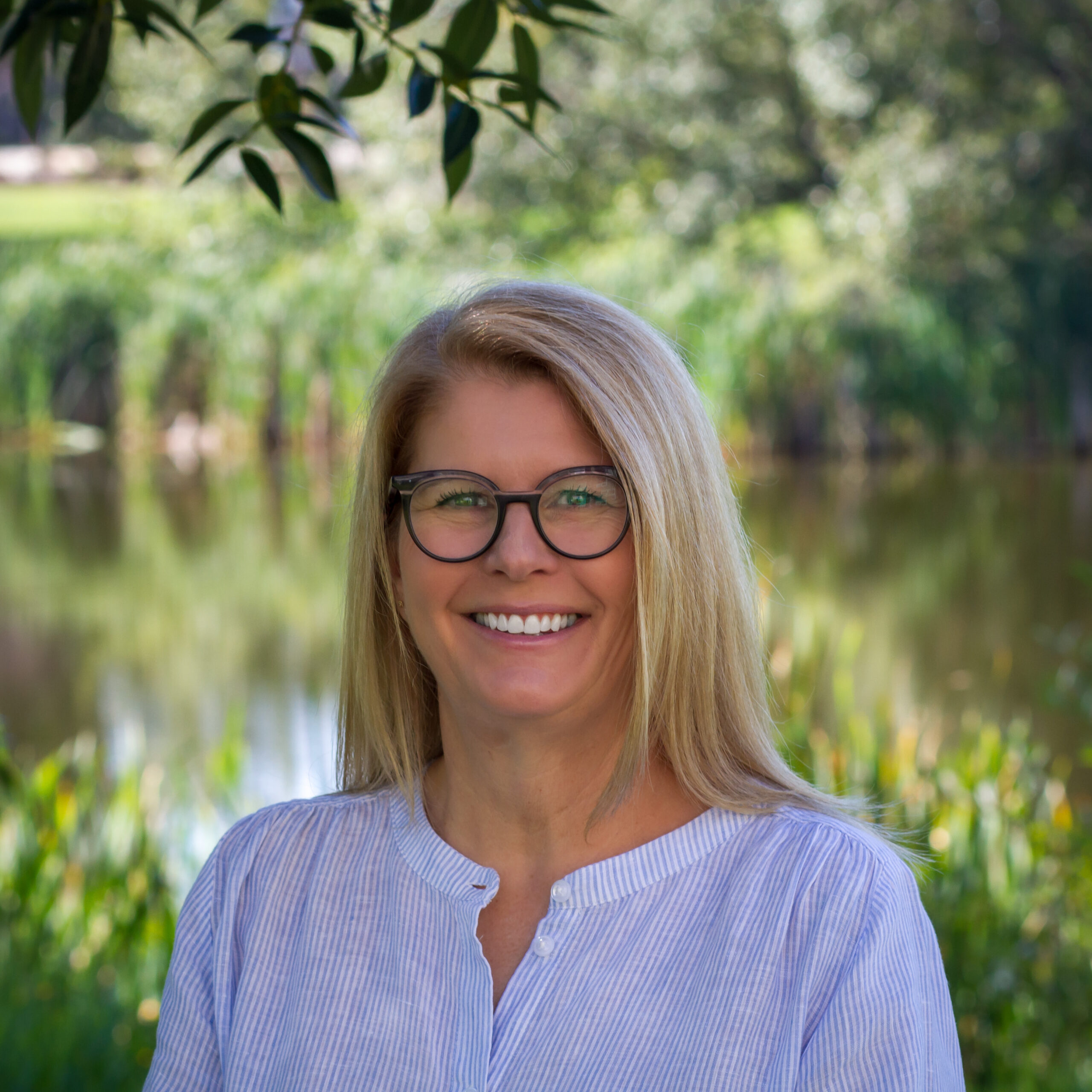I’m excited to be running for the position of Public School Trustee in Sherwood Park. Student success and quality education have been my passion for the past 38 years. I began my teaching career in a small private school in Leduc, and for 34 years I was proud to serve in Elk Island Public Schools—as a teacher in four different schools and later as an assistant principal and principal in five schools. Over those years, I had the privilege of teaching every grade and subject at the elementary level, experiences that gave me a well-rounded perspective on both the challenges and opportunities in education. These experiences, along with my time as a school leader, have equipped me with the insight and commitment needed to be an effective trustee. Since retiring in 2022, I have continued to stay connected to education as a facilitator with Concordia University, mentoring student teachers.
On a personal note, I am married with three adult children and two wonderful grandchildren. Outside of education, I enjoy Pilates, paddle boarding, knitting, reading, cooking, and baking—but most of all, I treasure time spent with family and friends.
Statement of beliefs
I believe every student deserves to feel supported, valued, and included—no matter where they come from, how they identify, or what their customs and traditions may be. With limited resources, it is essential for Elk Island Public Schools to remain fiscally responsible while still meeting the diverse needs of all learners, and to be innovative and resourceful during these challenging times. Teachers are at the heart of our schools, yet they are tasked with teaching in increasingly diverse classrooms while working with a curriculum that is less than ideal. Many are fatigued, and I worry about the risk of losing them from the profession altogether. As trustees, we must collaborate with parents, schools, and community stakeholders to find real solutions so that, together, we can move forward and prepare students for Alberta’s future.
Priority areas
Funding public education to match rising enrolment and support every student’s needs
Ensuring teachers have the tools and resources needed for the new curriculum
Establish goals and priorities that put students’ needs first
Views on funding
Schools in Alberta are underfunded, and our students are the ones paying the price. As a former principal, I have seen the impact of decreased funding for second language learners, Program Unit Funding (PUF), and supports for students with complex needs. Teachers and school staff are doing everything they can, but with growing class sizes and fewer resources, it becomes harder to give every student the attention they deserve. Too often, students who would benefit from extra support are left struggling to keep up. As trustees, we must make it a priority to advocate for fair and adequate funding so that every student—no matter their background or learning needs—has the opportunity to succeed. Our children’s education is too important to be compromised by a lack of resources.
How learning conditions can be improved
First and foremost, we need to listen to the voices of those working in our schools every day. Teachers, administrators, and classified staff have first-hand knowledge of what is working and what needs to change, and their ideas and solutions are essential for improving our schools. By valuing their input and drawing on their experience, we can make decisions that truly reflect the needs of our students and staff. At the same time, we must maintain a strong focus on creating safe and caring schools where every student feels included and supported. Mental health is a growing concern in our communities, and both students and staff need greater access to supports that help them manage stress, build resilience, and thrive in healthy learning environments. By combining the wisdom of our school teams with a commitment to safety, care, and well-being, we can ensure that our schools remain places where both students and staff are able to succeed.
How trustees and school boards can best support teachers
Trustees and school boards play a vital role in shaping education, and a key part of that responsibility is listening to those who work most closely with students every day. Teachers, educational assistants, and support staff bring invaluable perspectives about classroom realities and student needs, and their expertise should guide decision-making. Trustees must also advocate for adequate funding so teachers can focus on teaching rather than struggling with limited resources. This includes investing in classroom materials, professional development, manageable class sizes, and supports for diverse learners. Just as important is valuing the dedication of teachers and staff by respecting their professional judgment and recognizing their contributions. When trustees prioritize listening, funding, and valuing educators, they create the conditions where teachers can thrive.
Views on the new K-6 curriculum
The new K–6 curriculum has created real challenges for both students and teachers. Instead of encouraging curiosity and creativity, much of the learning has shifted to rote memorization, leaving students less engaged and less inspired to explore new ideas. The curriculum is overloaded with content, which makes it particularly difficult for students who are already struggling, as they often feel overwhelmed rather than supported. Teachers, too, have been impacted by the prescriptive nature of the program. They have lost the flexibility to design and adapt lessons that respond to the unique needs, strengths, and interests of their students. This rigidity stifles innovation in the classroom and reduces opportunities for critical thinking, problem-solving, and inquiry-based learning. In the long run, this approach risks limiting the development of essential skills students need to thrive.

